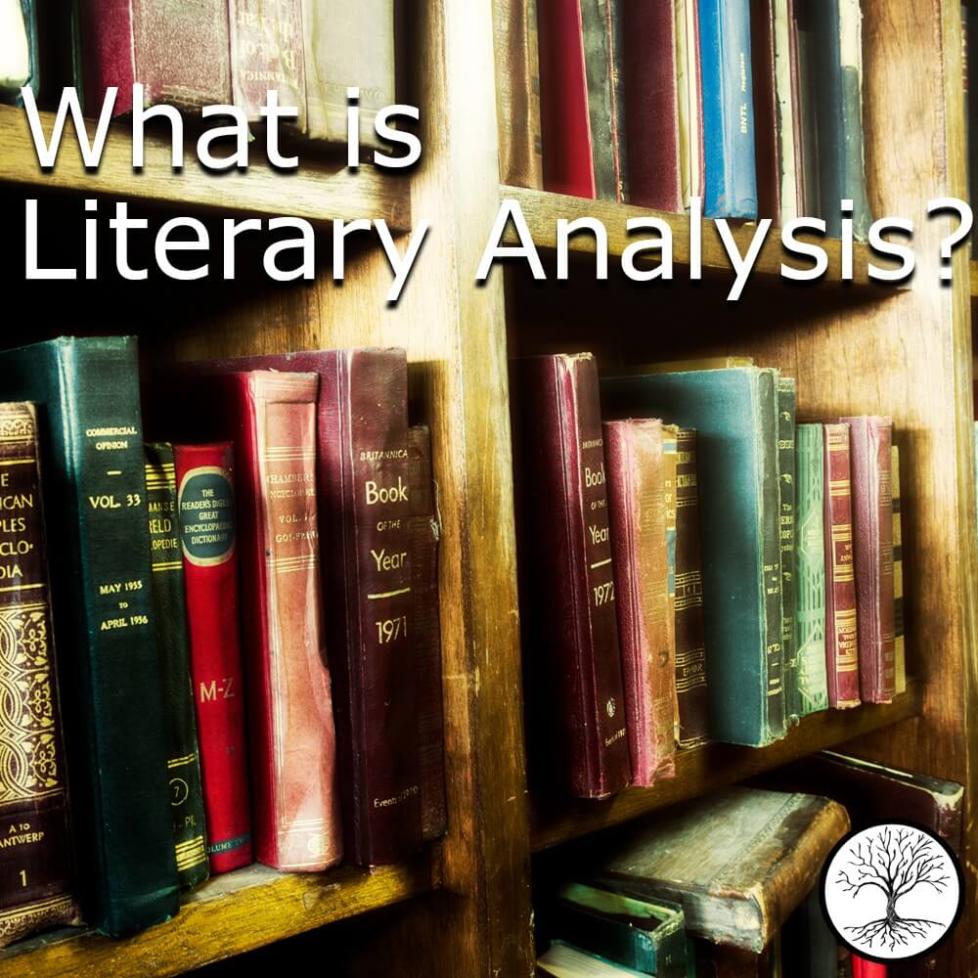What Are the Different Types of Literary Analysis and How Can I Use Them to Write Better Book Reviews?
Literary analysis is the critical examination of a literary work to understand its meaning, significance, and impact. It involves close reading, interpretation, and evaluation of the work's elements, such as structure, language, characters, and themes. Literary analysis is an essential skill for writing insightful book reviews, as it allows reviewers to provide a deeper understanding and appreciation of the work.

Types Of Literary Analysis
1. Formalist Analysis:
- Focuses on the internal elements of a literary work, such as structure, language, and style.
- Aims to understand how these elements contribute to the overall meaning of the work.
- Key points:
- Close reading of the text to identify literary devices, imagery, and symbolism.
- Examination of how these elements contribute to the work's theme and message.
- Analysis of the author's style and use of language.
2. Historical Analysis:
- Examines a literary work in its historical context to understand the author's intentions and the work's significance.
- Key points:
- Researching the author's life, the historical period in which the work was written, and the cultural and social influences that shaped it.
- Analyzing how the work reflects or responds to the historical context.
- Exploring the work's relevance to contemporary issues and concerns.
3. Cultural Analysis:
- Explores the cultural significance of a literary work and its relationship to the values, beliefs, and practices of a particular society.
- Key points:
- Identifying the cultural context in which the work was created and received.
- Analyzing how the work reflects or challenges cultural norms and values.
- Examining the work's contribution to cultural understanding and identity.
4. Psychological Analysis:
- Examines the psychological motivations and experiences of characters in a literary work.
- Key points:
- Identifying the main characters' psychological traits, conflicts, and motivations.
- Analyzing how these psychological factors influence the characters' actions and decisions.
- Exploring the author's use of psychological insights to create compelling characters.
5. Feminist Analysis:
- Examines a literary work from a feminist perspective, focusing on the portrayal of women and gender roles.
- Key points:
- Identifying and analyzing the ways in which women are represented in the work.
- Exploring the power dynamics between male and female characters.
- Evaluating the work's contribution to feminist discourse and its challenge to traditional gender roles.
Using Literary Analysis To Write Better Book Reviews
Different types of literary analysis can be applied to book reviews to provide insightful commentary. Here are specific examples of how each type of analysis can be used to write a more engaging and informative review:
- Formalist Analysis: Focus on the author's use of language, imagery, and symbolism to create meaning. Analyze how these elements contribute to the work's overall theme and message.
- Historical Analysis: Discuss the historical context in which the work was written and how it reflects or responds to the social, political, or cultural issues of the time.
- Cultural Analysis: Explore the work's cultural significance and its relationship to the values, beliefs, and practices of a particular society.
- Psychological Analysis: Analyze the psychological motivations and experiences of the characters. Discuss how these psychological factors influence the characters' actions and decisions.
- Feminist Analysis: Examine the portrayal of women and gender roles in the work. Evaluate the work's contribution to feminist discourse and its challenge to traditional gender roles.
Literary analysis is a valuable tool for understanding and appreciating literature. By exploring different types of literary analysis, readers can gain a deeper understanding of a work's meaning, significance, and impact. This knowledge can be applied to writing insightful book reviews that provide a more comprehensive and engaging analysis of the work.
YesNo

Leave a Reply